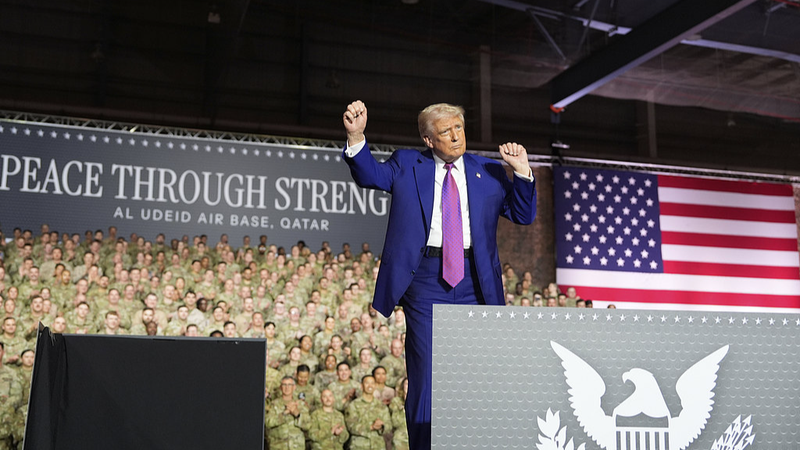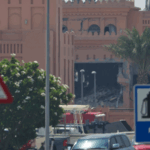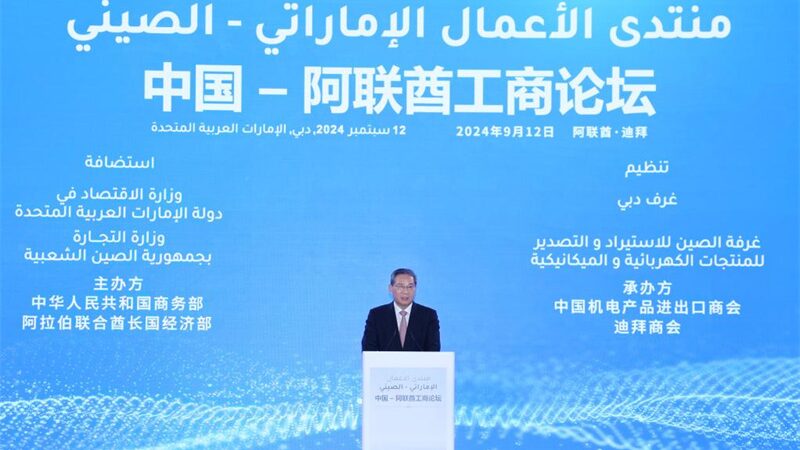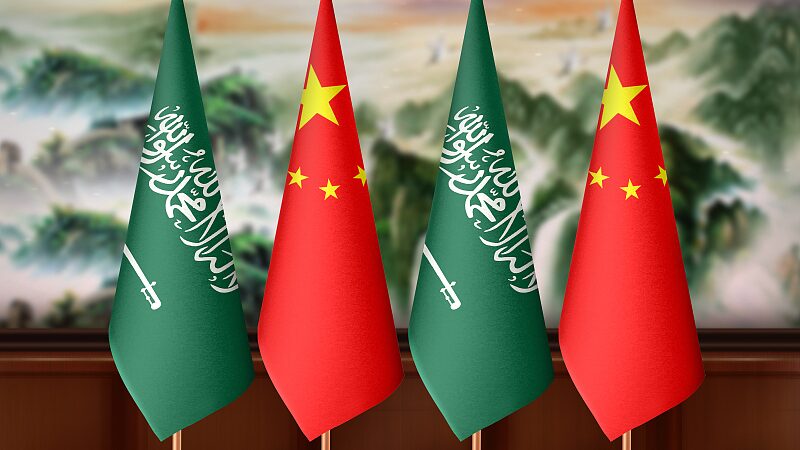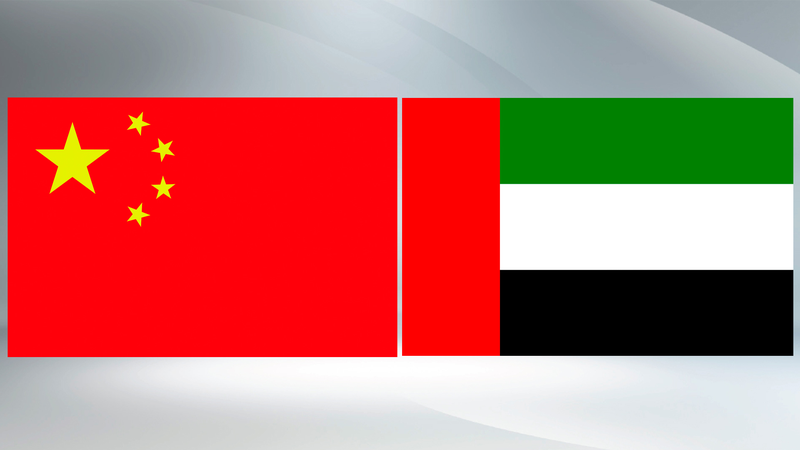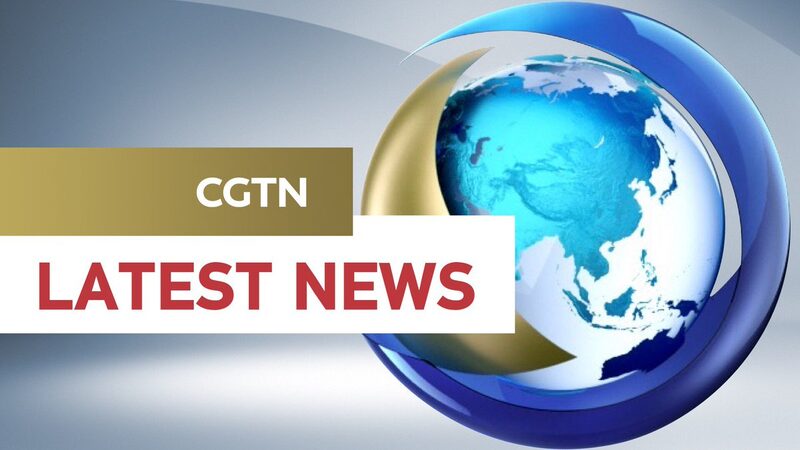U.S. President Donald Trump’s four-day Gulf tour in May 2024 showcased a whirlwind of high-stakes economic agreements, with Saudi Arabia, Qatar, and the UAE pledging investments totaling trillions of dollars. Yet the absence of Israel from his itinerary and lingering doubts about the deals’ viability have raised questions about their true political and economic impact.
Grand Visions, Uncertain Outcomes
From a $600 billion Saudi-U.S. investment pledge to a $1.2 trillion Qatar-U.S. economic exchange, the eye-popping figures captured headlines. But analysts caution these agreements may be more symbolic than substantive. Zou Zhiqiang of Fudan University noted such deals often take decades to materialize, if at all, pointing to unmet promises from Trump’s 2017 Saudi visit. U.S. trade data reinforces skepticism—between 2017 and 2020, Saudi investments totaled just $9.5 billion despite earlier claims of $350 billion.
Domestic Pressures, Diplomatic Shifts
With U.S. inflation and sliding approval ratings plaguing Trump’s reelection bid, experts argue the Gulf tour aims to shift domestic narratives. Brian Katulis of the Middle East Institute highlighted the administration’s focus on deflecting economic discontent through 'flashy foreign distractions.' Meanwhile, Trump’s exclusion of Israel and softer stance on Syria signal a retreat from active Middle East conflict resolution, according to King’s College London’s Andreas Krieg. Tensions with Israeli leadership have simmered, with former diplomat Alon Pinkas noting Trump’s transactional approach: 'Netanyahu has become an irritant—not an asset.'
As Gulf states assume greater regional responsibility, analysts warn these 'mega-deals' may leave lasting questions about America’s global economic and diplomatic priorities.
Reference(s):
Trump flaunts mega-deals with Gulf states. But will it help at home?
cgtn.com
